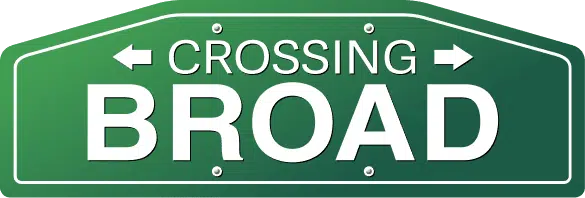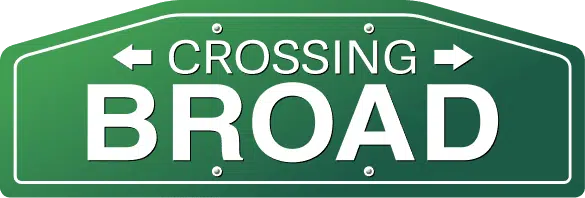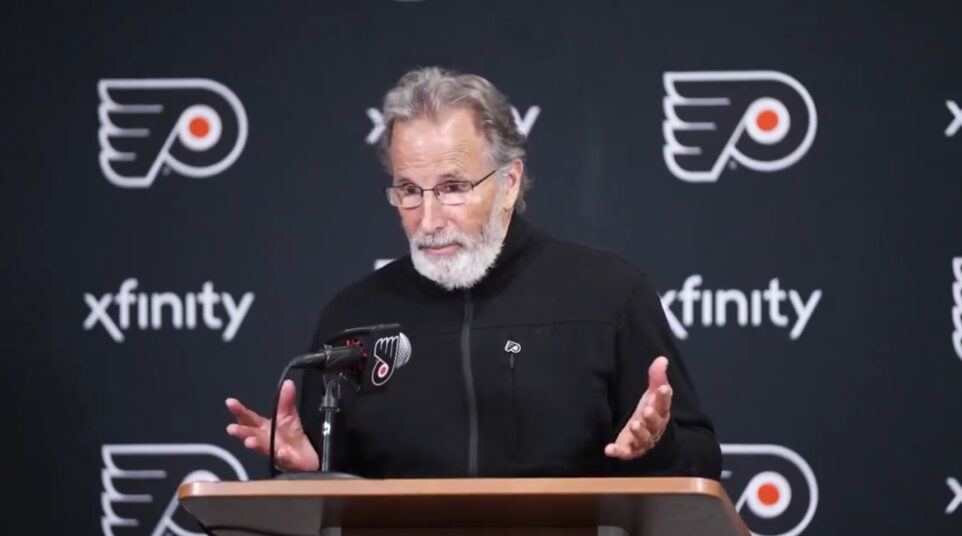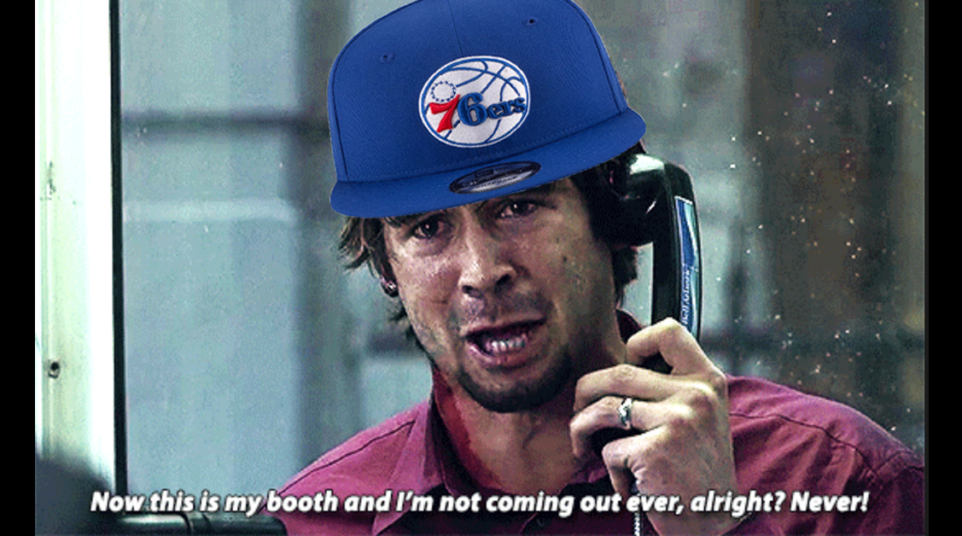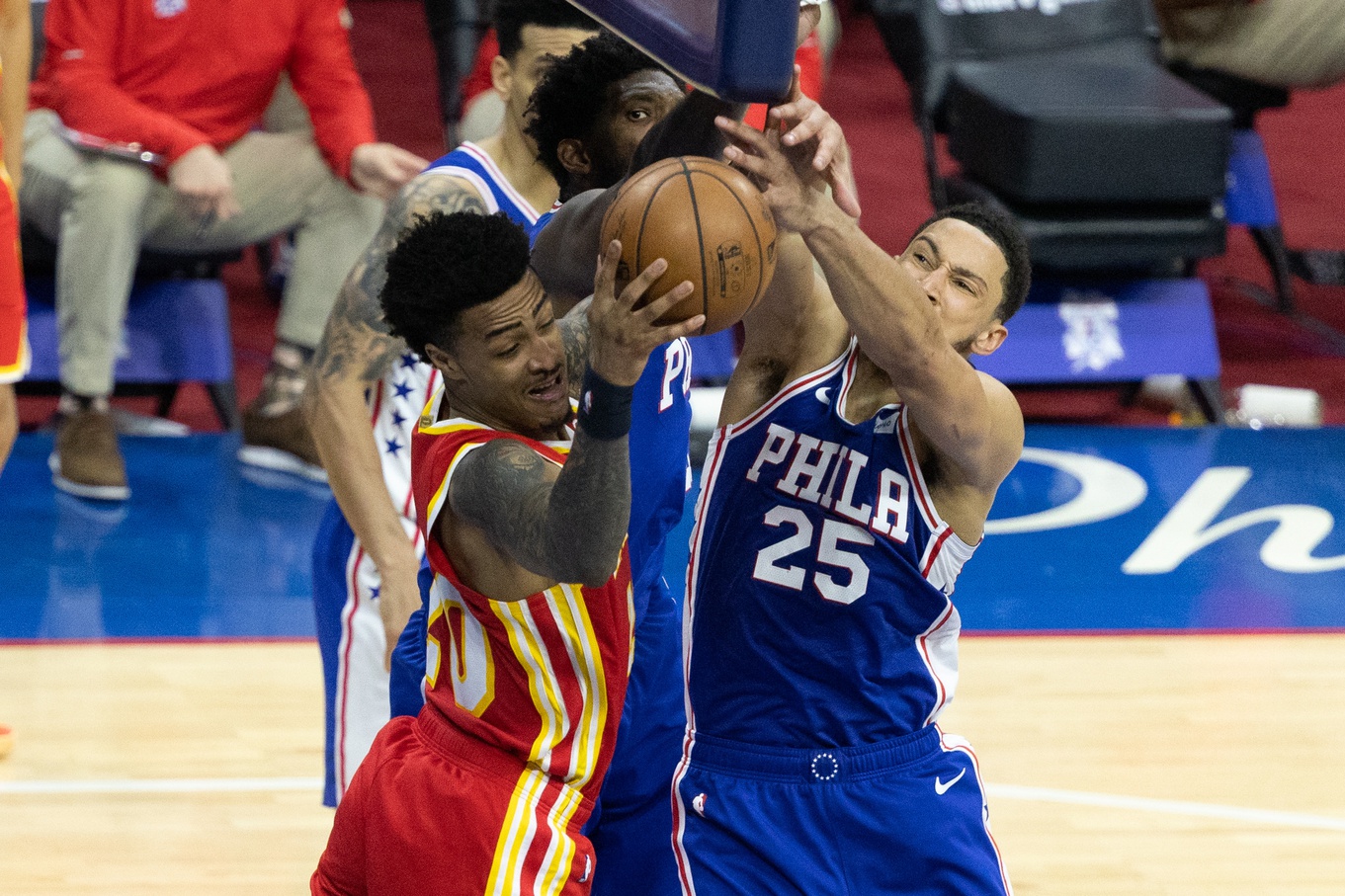
Hack-a-Ben: Why Did Doc Rivers Laugh Off the Subbing Idea, Then Do it in Game 2?
One of the sidebar topics from Game 2 that’s worth discussing is Doc Rivers’ decision to take Ben Simmons off the floor to stop a fourth-quarter Hack-a-Ben routine.
It’s worth a post because Doc basically mocked the media during the Washington series for asking the question, in an exchange that went like this:
Crossing Broad: Does the thought cross your mind to take him out of the game there?
Rivers: No.
Crossing Broad: Why not?
Rivers: You want me to take Ben Simmons off the floor?
Crossing Broad: I gotta ask the question.
Rivers: I’ll pass on that one. He’s pretty good, so I’ll pass on that suggestion.
Context is important here, and at the time, in Game 4 down in Washington, we had Simmons on five fouls, the game was tied at 108, and he was playing small ball center with Joel Embiid not on the floor due to the meniscus injury. You could argue that his defensive presence was much less significant because the circumstances of the game forced him into an undesirable situation.
What happened was that Simmons was fouled three times, starting at the 2:47 mark of the fourth quarter, he hit 3 of 6 from the line, and Washington was able to pull ahead 113-111 when the intentional fouling stopped. It wasn’t the reason the Sixers lost, but it dominated fan and media discussion the next day.
And just so everybody understands the idea here, you can’t employ this hacking routine beyond 2:00 in the fourth quarter, because NBA rules disallow intentional off-ball fouling past that point of the game. So the idea is to take Ben off for a few possessions, then put him back on and let him finish out the final two minutes of the game. In Washington, he would have been off the court for something like 45 seconds.
In the case of Tuesday night against the Hawks, the situation was this:
- 3:19 on the clock
- Sixers up 17
- Simmons is fouled by Danilo Gallinari
- he misses both free throws
- Doc calls timeout at 3:10 and subs both Simmons and Matisse Thybulle
- he brings Ben back into the game at the 1:43 mark after a Joel Embiid traveling violation, with the Sixers leading by 16
For starters, Ben did not need to be in the game at all. The Sixers were up comfortably and he could have just sat on the bench and watched the clock tick while teammates closed it out. But that’s not what happened, and Rivers offered this explanation afterward:
“Well we took him and Matisse out because we had an extra timeout. It’s funny; that’s why you try to save timeouts. I was tempted to use the extra one in the first half and I didn’t, and it really came back and rewarded us. Because when they started fouling, I called it at 3:00, I knew it was just one minute, because they were going to foul Ben or Matisse, and with an extra timeout in your pocket, why let them? That was the thinking.”
And this quote is not congruent with what were told after Sixers/Wizards Game 4.
Going back through the play-by-play from that game, Doc used his fifth timeout when challenging a call at the 4:30 mark of the fourth quarter, and then that was it for the game. So it would have been entirely feasible to sub Simmons and re-insert him once the 2:00 mark hit.
That’s the key to the strategy. Obviously you want to be able to guarantee a stoppage, but it’s not ideal to have to waste a timeout in order to mitigate the hack-a-Ben routine and get him back out there. You would prefer to keep both sub-three minute timeouts for more important things.
In the case of Tuesday night’s win, when they were up big, you could see it as an opportunity to let Ben boost his confidence by leaving him on the floor and giving him a chance to knock down some free throws, or you could say, “let’s wrap this shit up instead of wasting five more minutes in a game we’ve already won.” Doc’s thinking was something of the latter.
But the bottom line is that it was always a legitimate question, and Rivers laughing it off and claiming that fans and media didn’t understand basketball came across as needlessly combative.
